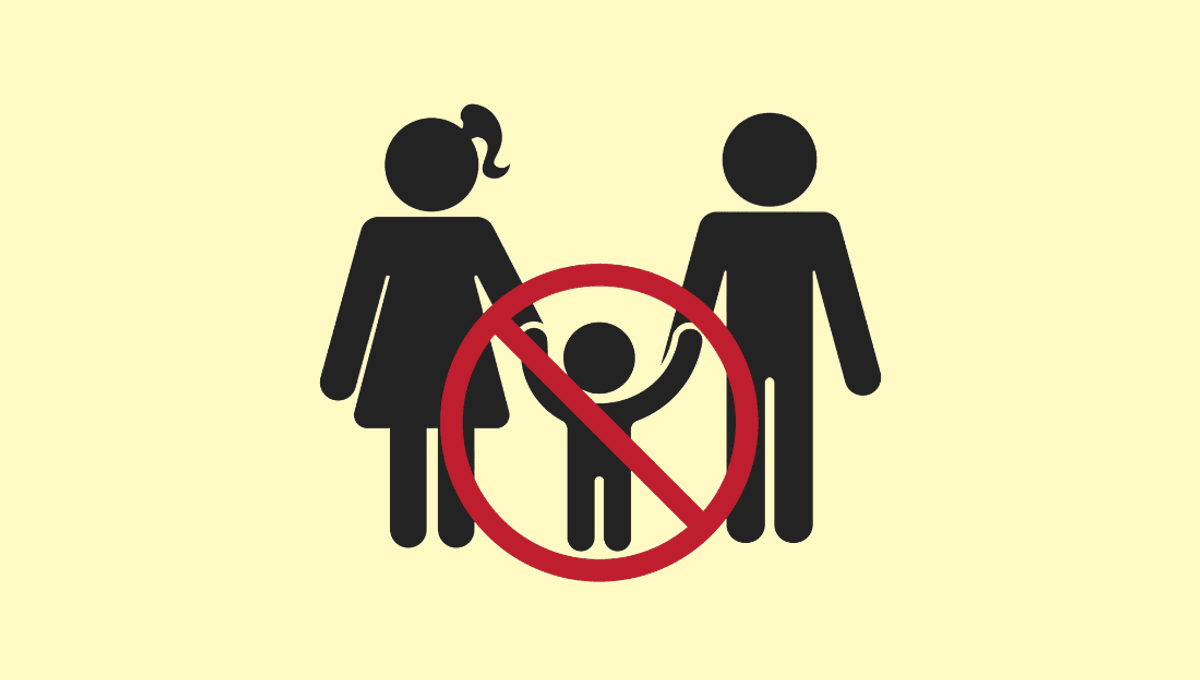
Perhaps it’s no wonder, then, that fewer Americans than ever before now intend on having them. At least, that’s the finding from a new study out of Michigan State University: “We found that the percentage of nonparents who don’t want any children rose from 14 percent in 2002 to 29 percent in 2023,” said Jennifer Watling Neal, professor in MSU’s psychology department and co-author of the study, in a statement last week. “During the same period, the percent of nonparents who plan to have children in the future fell from 79 percent to 59 percent.”
Why might people feel this way? Well, aside from the aforementioned drawbacks of the little ankle-biters, childfree and childless people in a recent Pew survey listed concerns about the state of the world, concerns about the environment, bad experiences with their own families, and simply “not really liking children” as factors in their decision. Others cited a lack of opportunity: they had never met the right partner, or had other priorities to focus on in life – and so, for two out of five respondents over 50, having kids “just never happened”.
But by far the most popular reason for not having kids? They “just didn’t want to” – cited by some 57 percent of respondents aged 18 to 49, and 31 percent of those over 50. It’s a response that reveals a growing trend in US demography over the past 20 years: that while fewer people are becoming parents, it’s not because they can’t. Mostly, they don’t want to.
“Relatively few nonparents are childless” rather than childfree, explained Zachary Neal, MSU professor of psychology and co-author of the study, “and the size of this group has been stable for many years.”
In other words, most people who don’t have children have made that decision on purpose, rather than wanting children but being unable to have them for some reason. It’s a group that’s growing in size, too: “These new results confirm this is part of a nationwide trend that has been unfolding for over 20 years,” noted Neal.
This shift in life priorities won’t necessarily be easy for those who embrace it, however. While not having kids might open up more career opportunities, keep your bank balance more reliably afloat, and allow more time for a social life – or at least, that’s definitely the impression most respondents had in the survey – there are many other ways in which life isn’t exactly set up for those of us who forego children.
“Childfree adults have needs for long-term contraception and for retirement planning that doesn’t assume having heirs,” pointed out Watling Neal, “but medical and financial service providers often aren’t equipped to meet these needs.”
Equally, policymakers hoping to increase birth rates will have to account for the fact that for many of their citizens, having children just isn’t something they want. Alternative methods for measuring and forecasting birth rates may be necessary; so too may new attitudes towards family planning for both childless and childfree individuals.
As the population of childfree adults continues to increase, those are problems we’ll have to figure out – potentially on the world stage as well as domestically. Most immediately, though, this study is something of a wake-up call to demographic researchers: as usual, people are more complex than we seem to have given them credit for – and if we don’t account for that, we might be headed for trouble.
The study is published in the Journal of Marriage and Family.
Source Link: More And More Of Us Never Want To Have Children. Is That A Problem?